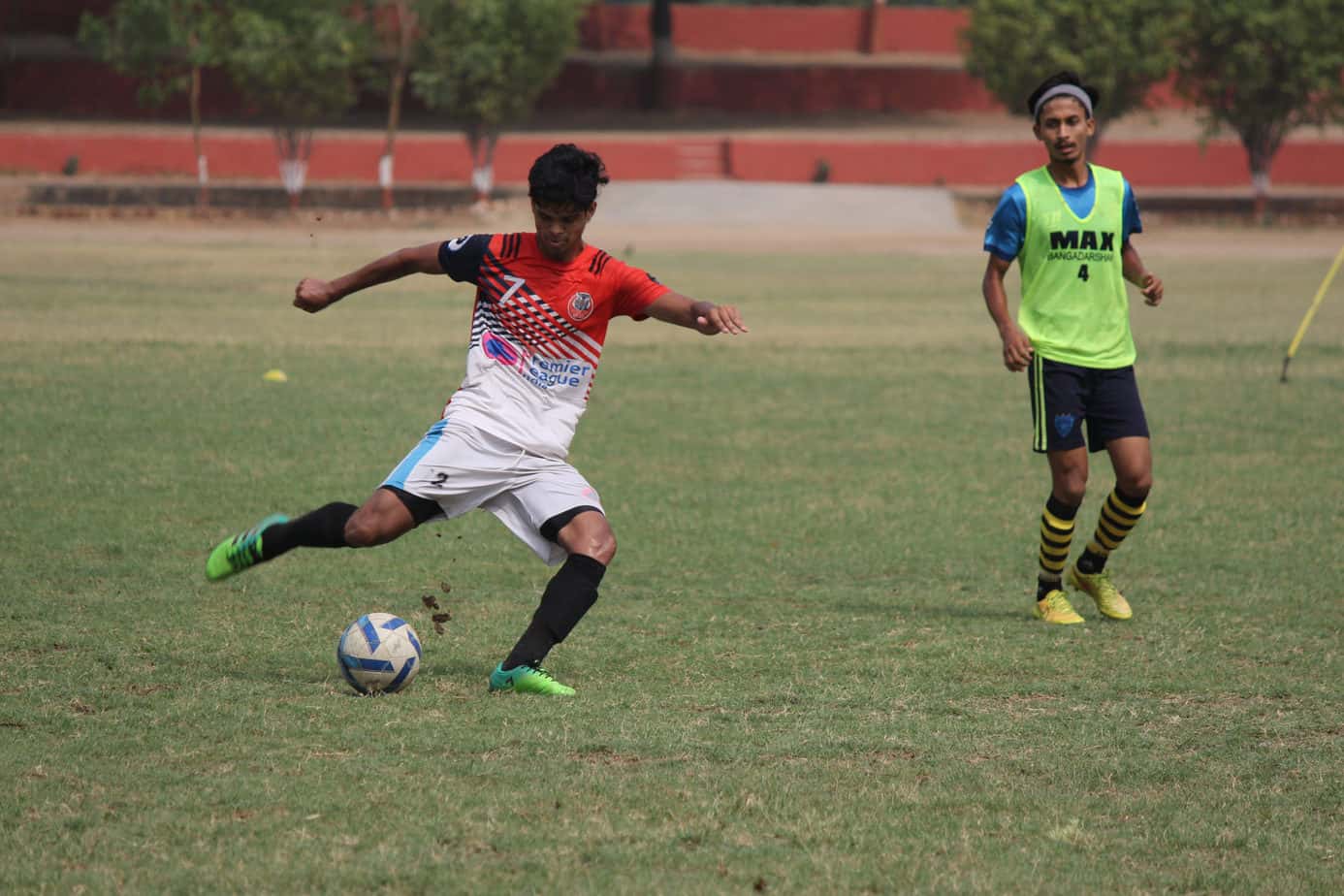Exchange students are interested in studying abroad so they can experience what it is like to be an American teenager. Part of that experience is playing team sports, especially at the school level. International exchange student programs not only permit but encourage students to play school sports. The final decision, however, must come from the state athletic association and the school district.
Why Are Exchange Students Encouraged to Play School Sports?
Sports have always been able to unite people from all over the world. What better way to make a student excited about their school and host city than with joining a team? When a student first comes to their new school, it can be a challenge for exchange students to make friends. Joining a sports team at their school is one simple way to meet people and become part of the community. Exchange students also practice their English skills and will learn to work collaboratively with American kids when on a school sports team. If you have an exchange student that is a couch potato, joining a sports team will help them get physically active.
Besides athletic teams, your student can take part with programs like “Adopt a Highway”, join the pom squad or get involved in the band if they play an instrument. They’ll get some of the same benefits of sports with these activities.
Approval From the School District to Play Sports
Most school districts embrace their exchange students and grant them the opportunity to join any club or take part in any athletic program they wish. There are some limitations, however, based upon laws imposed by the state. For example, some states prohibit exchange students from playing contact sports like football or ice hockey. Unfortunately, there can be a few “tricky” rules like ones pertaining to “transfer students” that may keep your student from playing other sports as well. If this happens, don’t be afraid to talk with your local representative about the problem. The exchange student program might be able to help.
Even if they can legally play according to the state and the school district approves, exchange students must meet other requirements such as standards for school attendance and grade point average before they can join the school sports team. Does the exchange student have to be “good” to play on the team? Although some coaches will require the student to try out for the team, others will welcome them simply for goodwill. No matter how skilled the exchange student is, some school districts will automatically place him/her on the junior varsity teams and not the varsity team as a matter of policy. The student will also have to pass a physical exam to ensure they are healthy enough to play sports.
Responsibilities of the Host Parent When an Exchange Students Play School Sports
During your host parent orientation, your local representative will suggest that you encourage your exchange student to join at least one sports team or club within the first two weeks of school. This is to get your student involved in the school as quickly as possible. Some students will do it immediately with no hesitation while others might need a little coercing. You will also have to explain things like school spirit and competition to them because many countries do not have school sports.
Playing school sports will require that your exchange student be at school many extra-hours after or even before school. This might mean having to pick them up or drop them off if they can’t walk or take the bus. As with your own child, it would also be nice if you could attend a few games to cheer on your student. They will feel great looking up in the stands and seeing they have a cheering section. If there is a booster club, they might also ask you to help with fundraisers or volunteer at games.
Costs Associated with School Sports
School districts vary when it comes to financial responsibility for sports. Some schools charge no fee but require that students provide their own sports equipment. Other schools charge a registration fee for each sport. Whatever fees are involved, you should not be held responsible. Some students use their monthly allowance to pay for sports while others get extra money from their natural parents. If your student is having trouble getting the money to play, you can help them budget or find things that they can do for extra money like shoveling a neighbor’s snow or babysitting. If they need to purchase expensive gear like golf clubs or a helmet for lacrosse, you can steer them toward buying used equipment from a resale store instead of new which will save money.
What if My Exchange Student is Injured While Playing?
Anytime teens play competitive sports, there is the risk of injury. Should something happen, the school will contact you. You should in turn contact the local representative of the exchange student program to inform them. They will then contact the exchange student’s parents. You should go immediately to the clinic or hospital where the student is being treated to supervise and make the student feel secure. You might have to sign some papers but you won’t be fiscally responsible for their care or stay in the hospital. The exchange student will have medical insurance for protection in case of an emergency.
Taking Part in Community Club Leagues
Your exchange student might not be able to find a sport at the school that suits them. They might be more interested in dance, gymnastics, horseback riding, or fencing. If this is the case, you can look into getting them involved in a community sports team or league.
School-athletes form a community of support with their teammates. They have fun together and depend on one another. By getting involved in sports at school, your exchange student will build their confidence and feel more of a sense of belonging.


